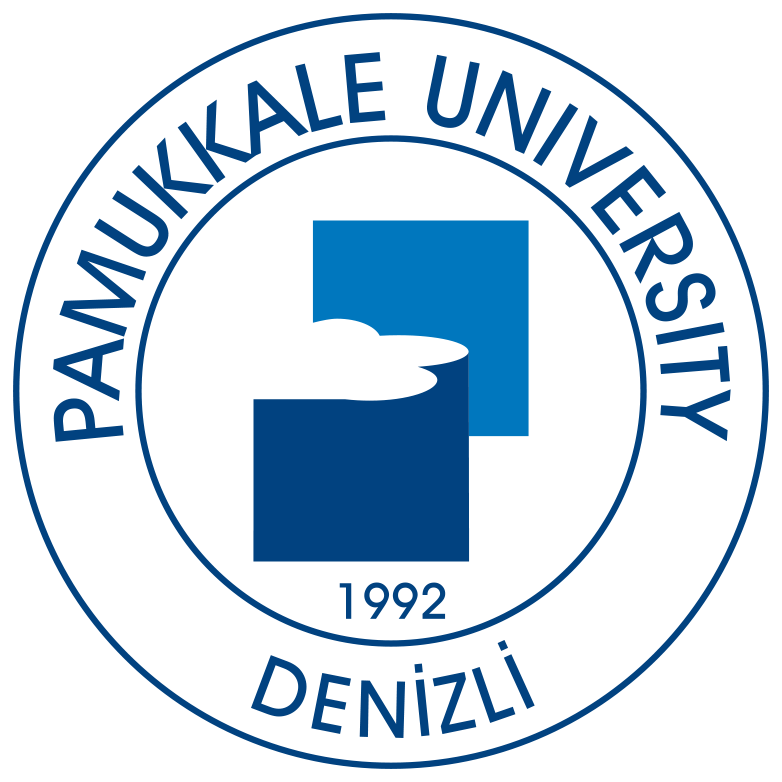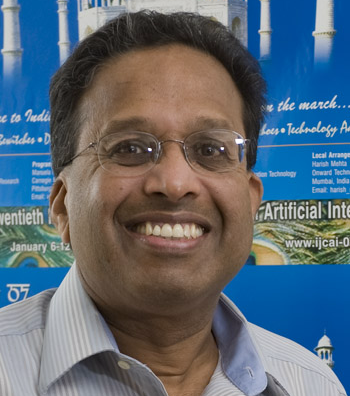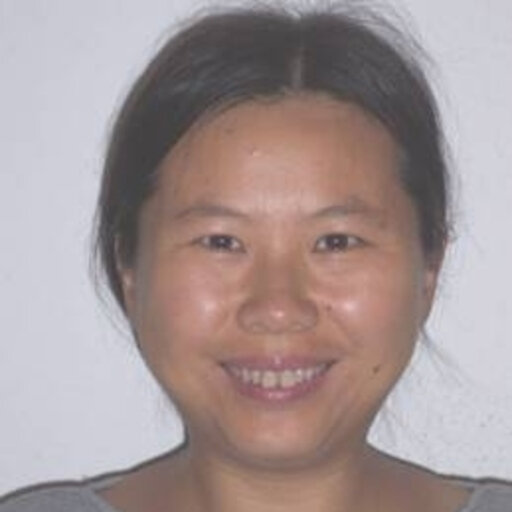About the Conference
About the Venue
Located in the picturesque Hanseatic city of Lübeck, a UNESCO World Heritage Site in northern Germany, the university campus blends historic charm with state-of-the-art facilities. The city’s medieval architecture, lively harbor, and cultural heritage provide a unique backdrop for academic pursuits. With modern laboratories, lecture halls, and collaborative research centers, the campus fosters an ideal setting for scientific exchange and innovation.
Directions | Universität zu Lübeck
Address: Universität zu Lübeck, Ratzeburger Allee 160, 23562 Lübeck, Germany.
From Lübeck Hauptbahnhof (main train station): Take bus line 1 (direction 'Hochschulstadtteil') or line 9 (direction 'Universität') and exit at 'Technische Hochschule'. The campus is a short walk from the stop.
By car: From the A20 motorway, take exit 2 ('Lübeck-Genin') and follow signs toward the city center and Universität zu Lübeck. Parking is available near the university buildings.
Traveling by Air?
The nearest airport is Hamburg Airport (HAM), approximately 70 km from Lübeck. From there, you can take a direct train or airport shuttle to Lübeck (approx. 60–90 minutes travel time).
For more information about visiting Lübeck, please visit the official Lübeck tourism website: https://www.luebeck-tourismus.de
Keynote Speakers
Invited Speakers
Best Papers
Best Student Paper
Best Paper
Sponsors
Organizers




Technical Sponsors

Report an Issue
If you have any questions, do not hesitate to contact any one of the following along with your contact details and the issue:- Sarika Jain, National Institute of Technology, Kurukshetra, Haryana, India, jasarika@nitkkr.ac.in.
- Sven Groppe, University of Lübeck, Germany, groppe@ifis.uni-luebeck.de.

















